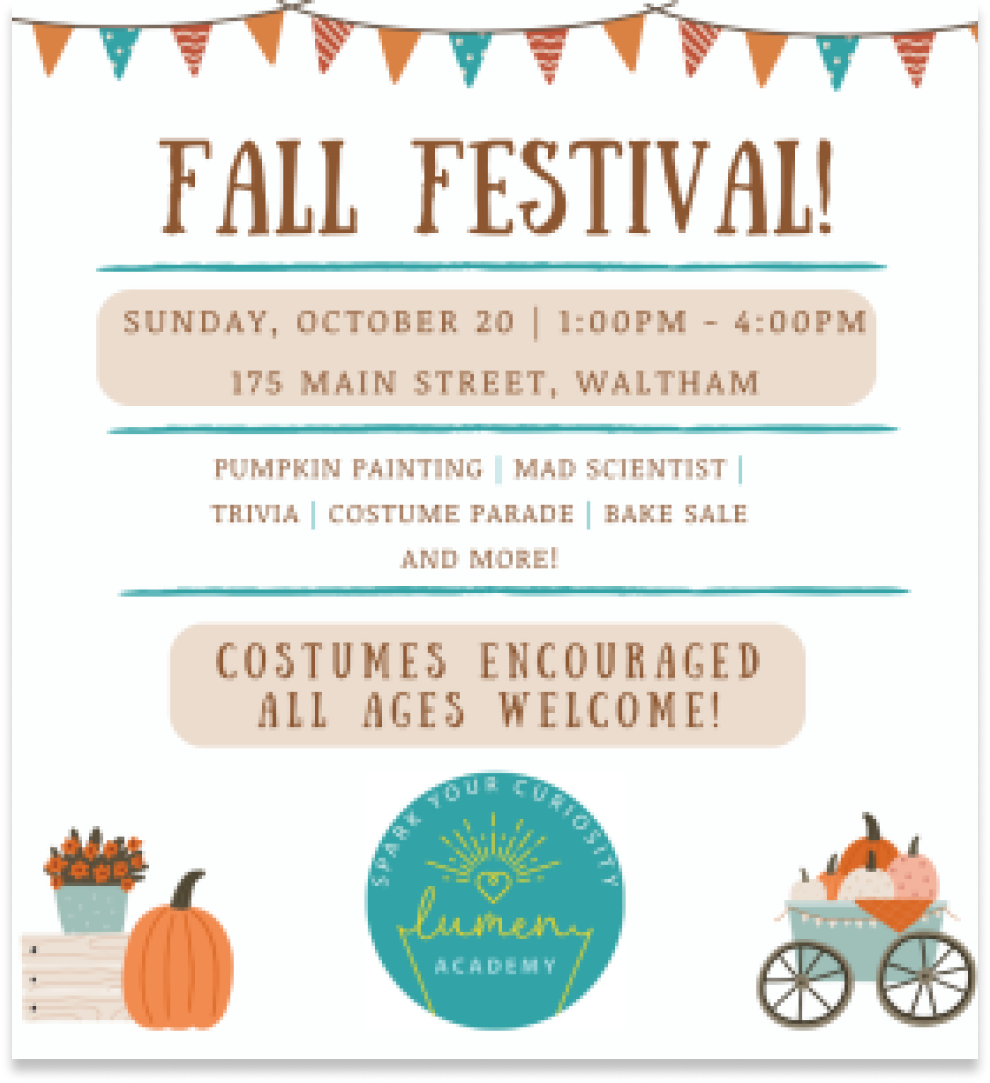No matter which specific skills will be valued in the workforce of tomorrow, free-thinking and articulate adults capable of acquiring new skills rapidly and independently will always be in demand across industries.
To prepare our students to be lifelong learners, we follow a classical education model: an intellectual, content-focused curriculum that teaches students how to think and how to learn. Classical education rests on three pillars: grammar, logic, and rhetoric. Each pillar dominates a different stage of child development [though all are present at each stage].
No matter which specific skills will be valued in the workforce of tomorrow, free-thinking and articulate adults capable of acquiring new skills rapidly and independently will always be in demand across industries.
To prepare our students to be lifelong learners, we follow a classical education model: an intellectual, content-focused curriculum that teaches students how to think and how to learn. Classical education rests on three pillars: grammar, logic, and rhetoric. Each pillar dominates a different stage of child development [though all are present at each stage].
